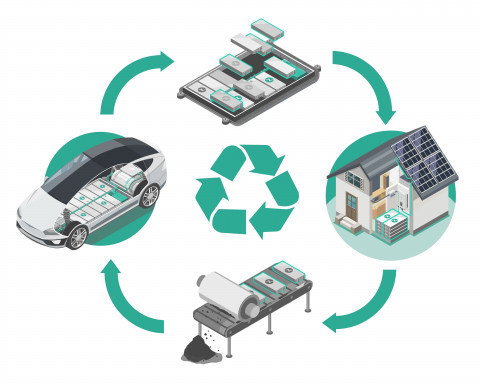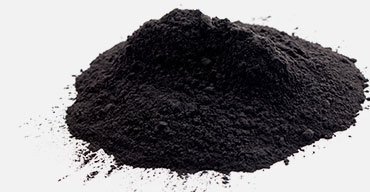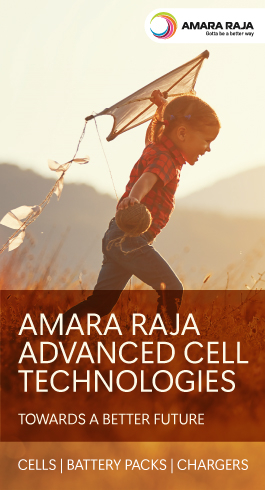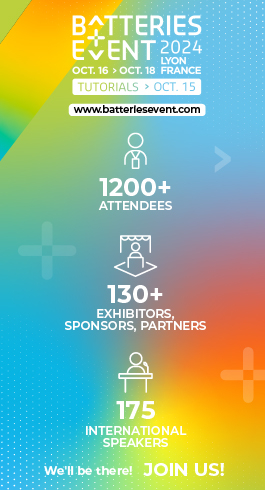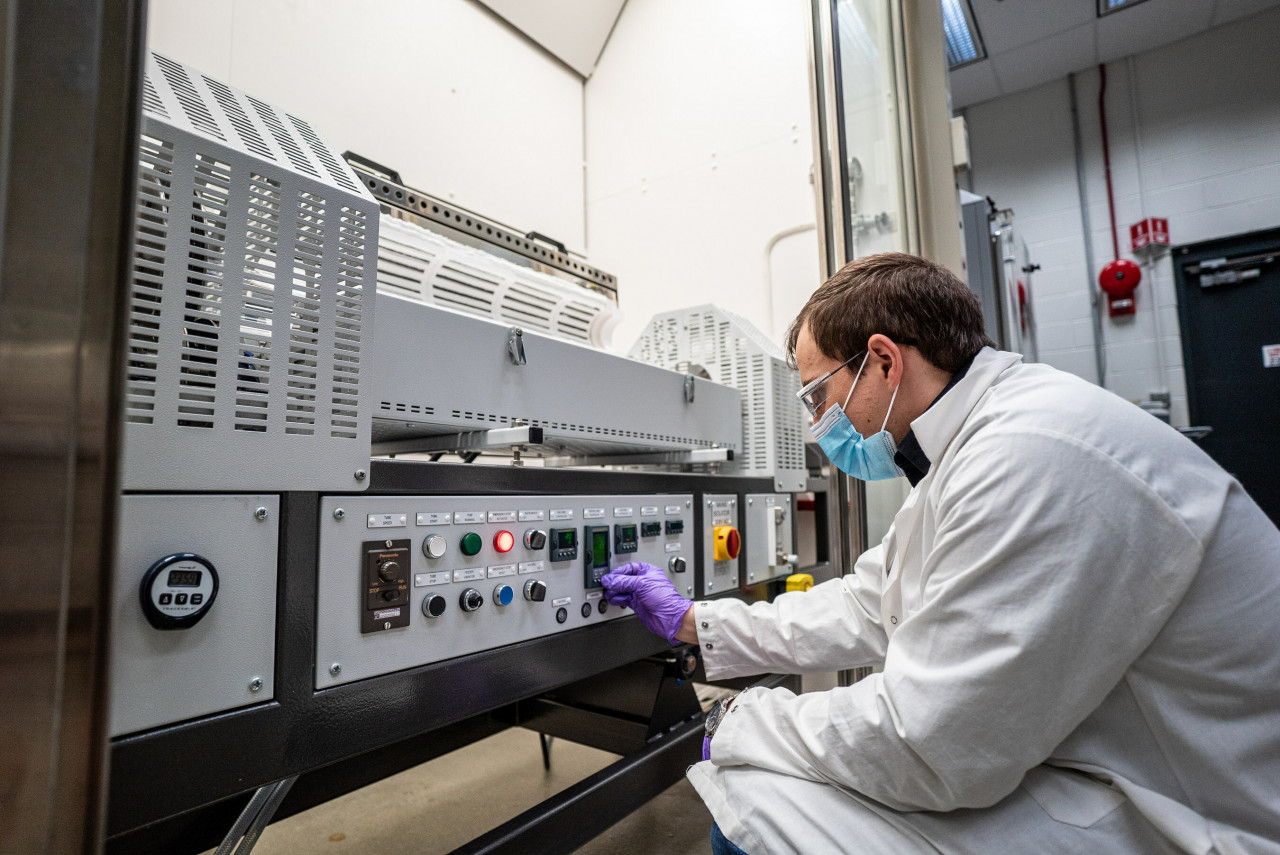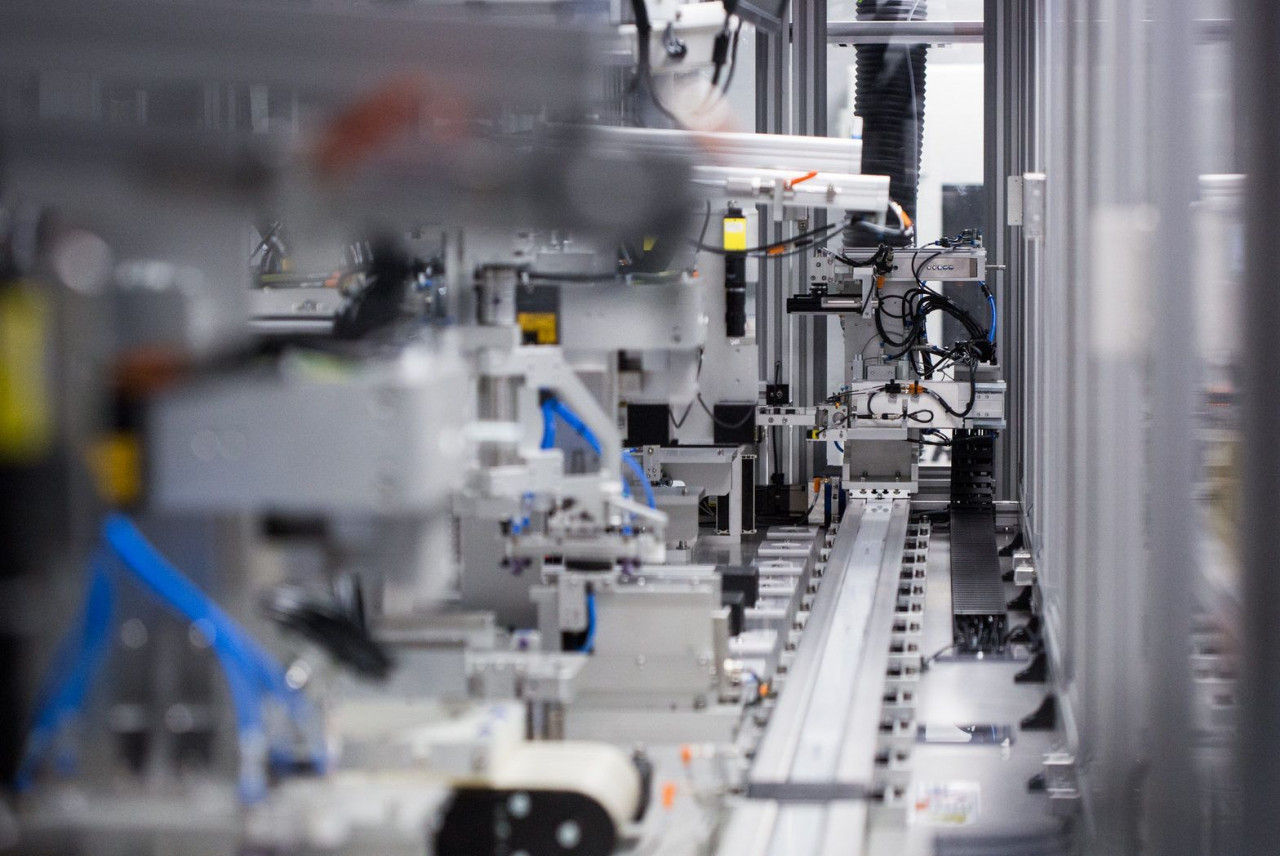Recyclekaro partners with BARC to produce copper oxide nanoparticles from e-waste
Battery Recycling firm, Recyclekaro has signed a Memorandum of Understanding (MoU) with India's premier nuclear research facility, Bhabha Atomic Research Centre (BARC), for producing copper oxide nanoparticles from e-waste.
Through the latest partnership, Recyclekaro will utilize BARC's advanced technology for extracting high-purity copper oxide nanoparticles from depopulated printed circuit boards (PCBs). The produced copper oxide nanoparticles hold immense potential as a catalyst for various industrial processes, antibacterial coatings for medical and electronic devices and sensors, as well as conductive inks and water purification.
"At Recyclekaro, we are committed to exploring innovative methods within the recycling industry. This MOU represents a significant step in advancing our technological capabilities," said Rakesh Gupta, Founder and Director of Recyclekaro.
"Our ongoing research and development efforts are driving progress in sustainable technologies and waste management practices, underscoring our commitment to environmental responsibility and our contribution to a more sustainable future," he added.
PCBs are used in myriad applications in consumer electronic goods, industrial equipment, automotive components, medical equipment, telecom equipment, safety, and security equipment, among others. Being rich in metal content, PCBs are considered a high-value waste. According to the Central Pollution Control Board (CPCB), 16.01 lakh tonnes of e-waste was generated in India between 2021-22, which contains many precious materials.
Recyclekaro is establishing a nickel metal facility in Maharashtra with an investment of INR 1 billion. The firm is in ongoing discussions with new partners for technology transfer, aiming to strengthen the lithium-ion battery and scrap recycling ecosystem.
